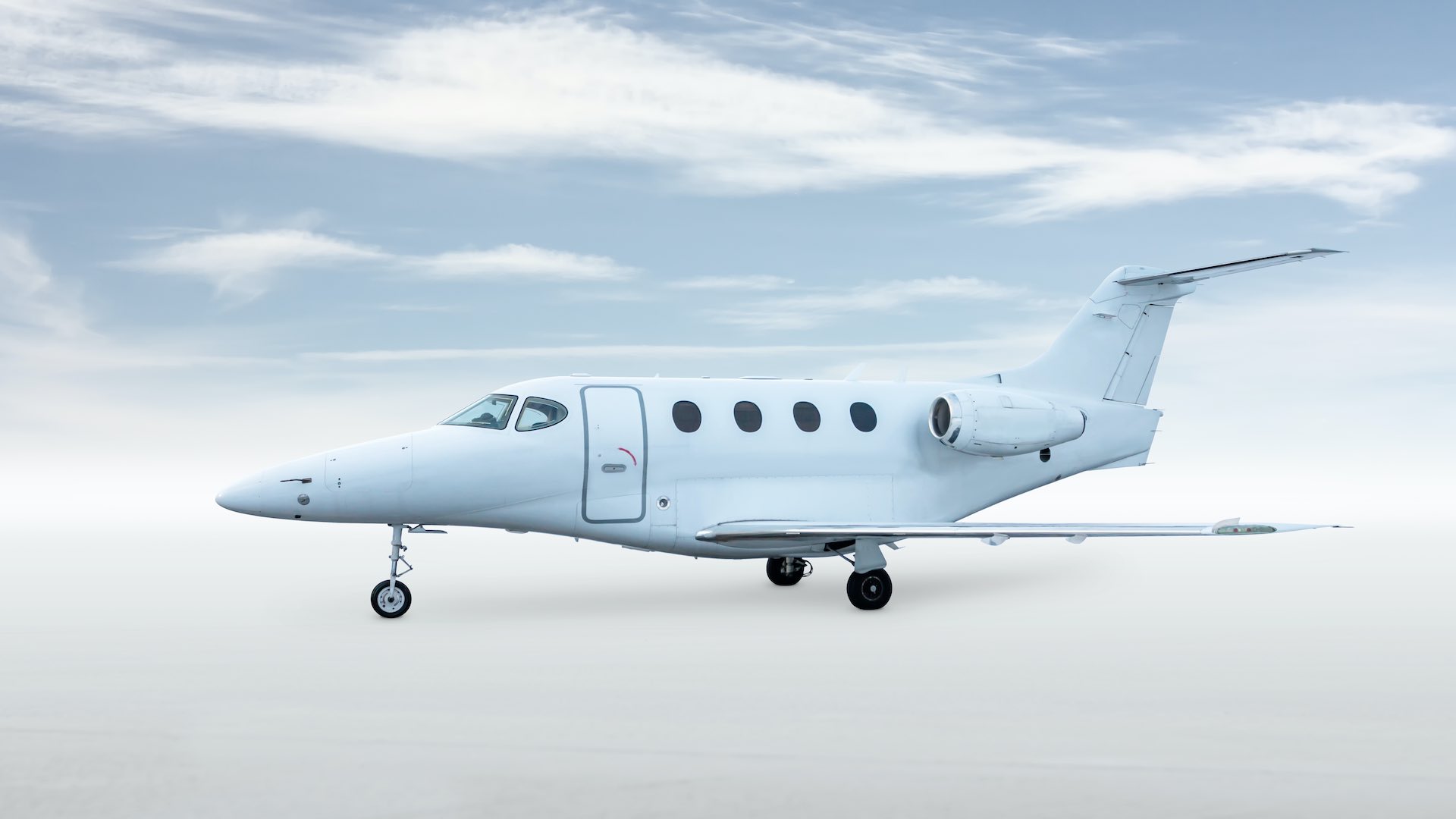Private jet flights have declined by 15% during the first half of the year, falling from their peak in 2022, signaling a significant downturn in the industry’s demand. This waning interest contrasts sharply with the surge in travel seen during the pandemic, marking a shift in the high-end travel market.

Despite experiencing a temporary surge during the Summer Olympics – with a record-breaking 713 flights to Paris in the final week of July – the private jet sector continues to navigate through a period of declining activity. Data from Argus International reveals a drop in charter flights to 610,000 in the first half of the year, down from 645,000 the previous year and 716,000 in 2022.
Industry experts attribute this decline to a natural correction following an unsustainable spike in new jet card memberships and charter flights initiated during the pandemic. As the novelty of private travel wanes, even the ultra-wealthy are showing signs of spending caution.
Rob Wiesenthal, CEO of Blade Air Mobility, noted a significant trend reversal, with many former private flyers returning to commercial lines. “During the peak, the sentiment was that once you go private, you never go back to commercial. However, many have reverted,” Wiesenthal commented.
Though the industry still performs better than its pre-pandemic levels in 2019, the exceptional growth seen in 2021 and 2022 is now viewed as an anomaly rather than a sustainable trend. The initial boom led to numerous IPOs and startups rushing into the market, creating a fiercely competitive environment now ripe for consolidation.
Observers suggest that the industry’s rapid expansion is now leading to a significant shakeout, with smaller operators particularly vulnerable as they grapple with a surplus of idle jets amidst faltering demand. The next few years may see a reshaping of the private jet landscape, influenced heavily by economic pressures and shifting consumer preferences.
This shift in the private aviation sector could lead to tougher choices for smaller charter operators, as they face a new reality of reduced bookings and surplus capacity, challenging their operational sustainability and financial stability.
